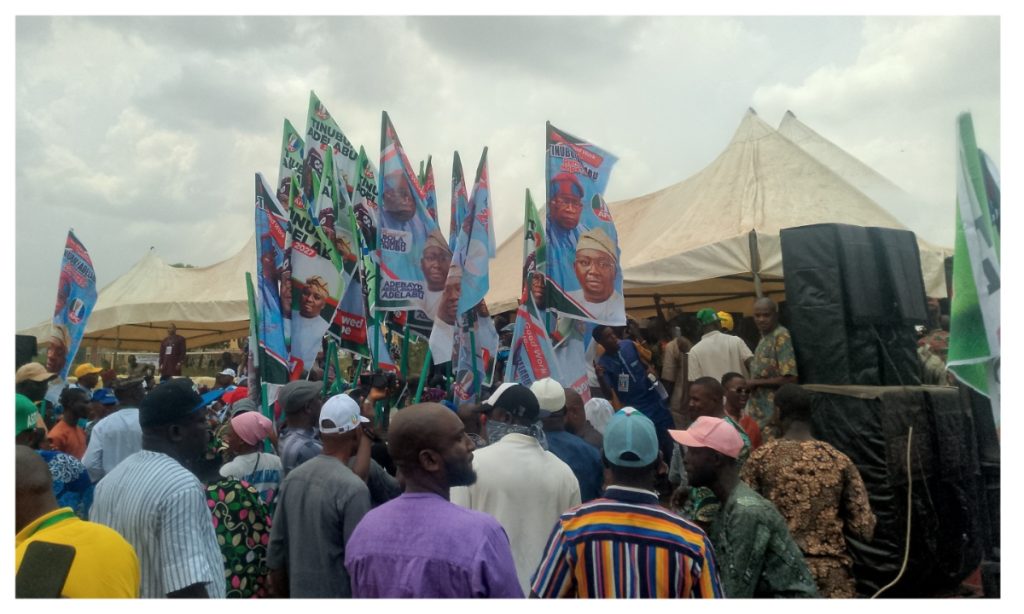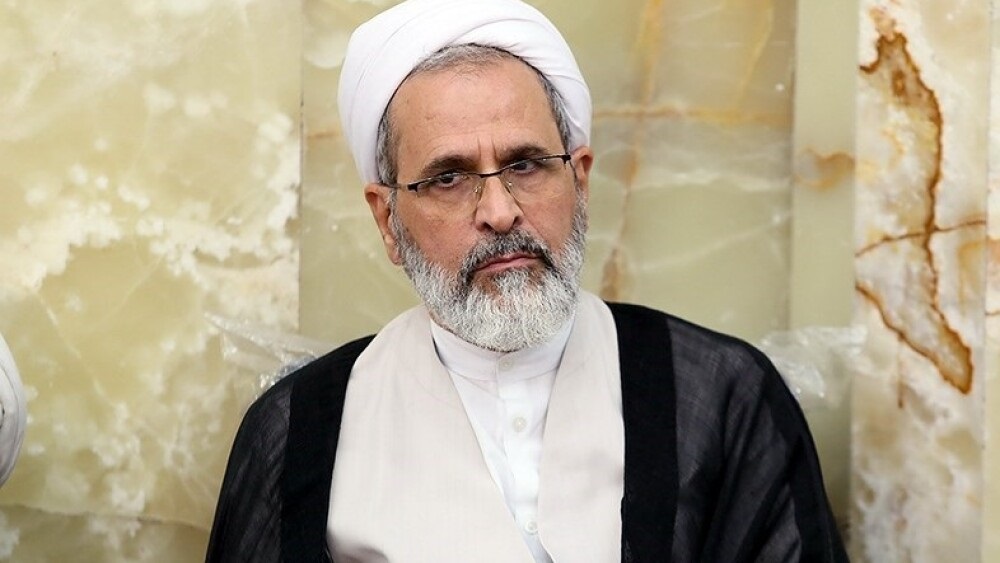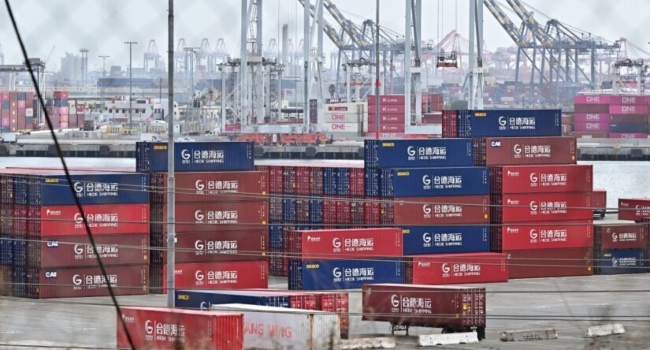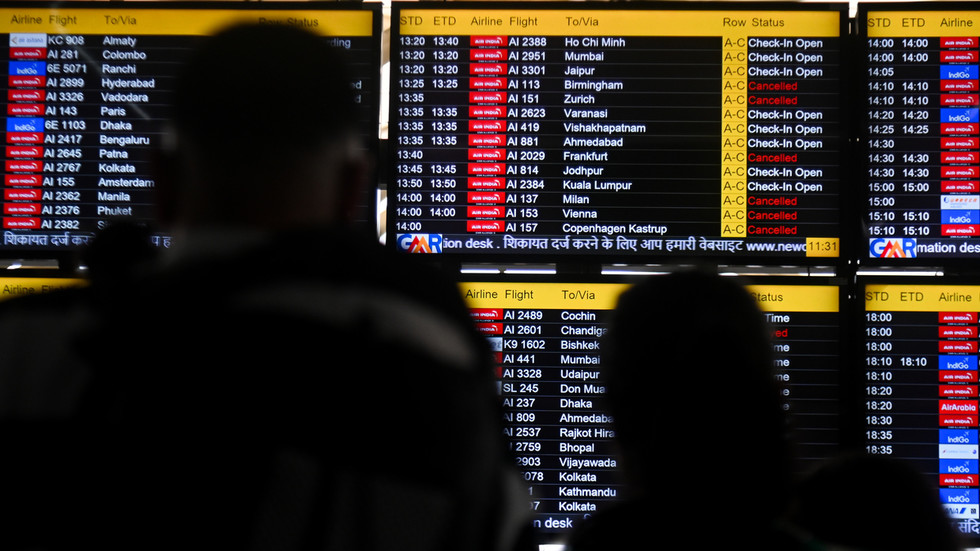The Nigeria Premier Football League (NPFL) has suspended Plateau United goalkeeper Adewale Adeyinka amid allegations of involvement in betting activities, a breach of the league’s regulations. The disciplinary action, confirmed by NPFL Chief Operating Officer Davidson Owumi in an official letter to the player and his club, halts Adeyinka’s professional registration pending an ongoing investigation.
The suspension follows a contentious dispute between the player and Plateau United. Club officials alleged that Adeyinka declined to finalize a transfer to another team after discovering a contractual clause permitting immediate termination if he were implicated in gambling-related violations. This clause aligns with the NPFL’s strict anti-betting policies, which explicitly bar players from participating in any form of sports wagering. Violations are subject to penalties outlined in the league’s disciplinary code, though specific consequences for Adeyinka remain undetermined until the probe concludes.
While the league has not disclosed further details about the nature of the betting allegations, Owumi emphasized the importance of due process. “Adeyinka retains the right to present his side as the investigation unfolds,” the letter stated. The goalkeeper’s legal representatives or club officials have yet to issue a public response.
The case highlights the NPFL’s efforts to enforce integrity protocols amid global concerns about gambling’s influence on sports. Many leagues worldwide restrict players from betting on matches to prevent conflicts of interest and maintain competitive fairness. In Nigeria, where sports betting is a multibillion-dollar industry, regulatory challenges persist, with occasional reports of misconduct involving athletes or officials.
Adeyinka, a key figure in Plateau United’s recent campaigns, now faces uncertainty about his career trajectory. His suspension arrives during the NPFL’s off-season, a period typically marked by player transfers and contract negotiations. The league’s decision to publicize the disciplinary measure underscores its stance on transparency, though critics argue that such cases risk harming players’ reputations before investigations are finalized.
As the review proceeds, stakeholders will scrutinize whether procedural safeguards adequately protect athletes’ rights while upholding the league’s standards. For now, the incident serves as a reminder of the balancing act sports organizations face in regulating conduct without stifering professional opportunities. The outcome may also prompt broader discussions about gambling policies in African football, where regulatory frameworks vary widely across nations.



